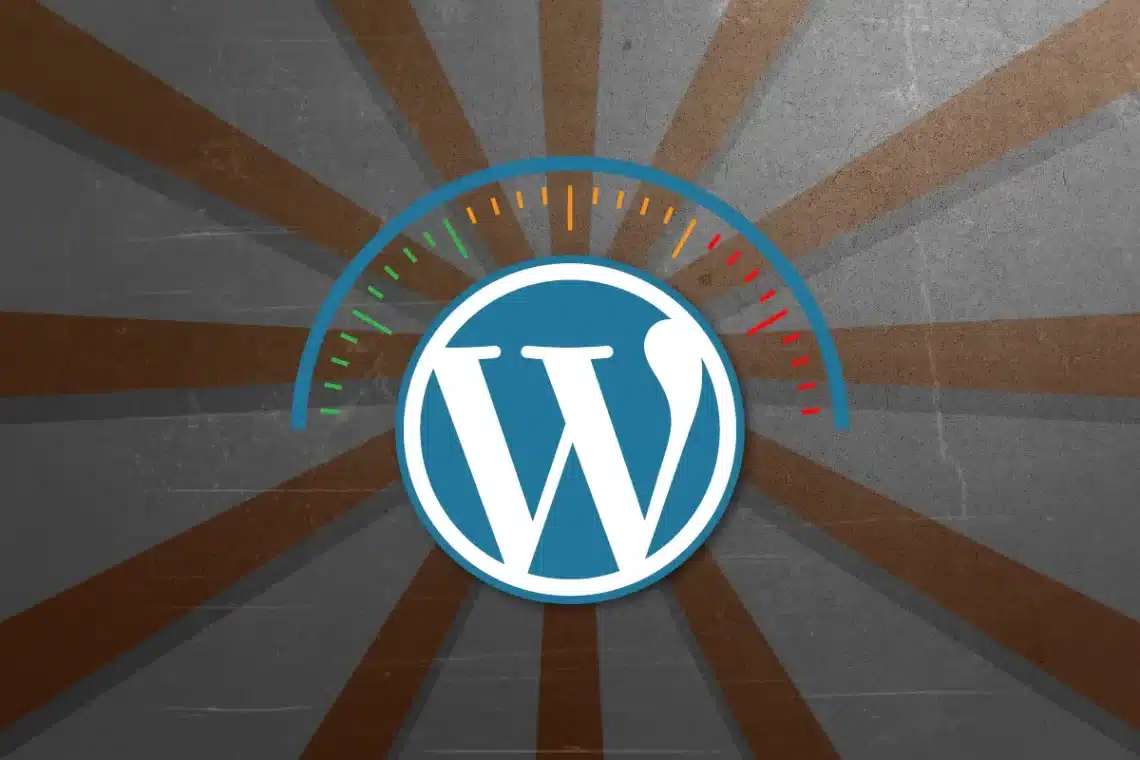How to Speed Up Your WordPress Website
Speeding up websites is crucial for user experience and search engine optimisation. Here are some tips to help you improve the performance of your WordPress site:
Prerequisites
- A WordPress website
Choose a Good WordPress Hosting Provider
A reliable hosting provider is the foundation of a fast website. Look for hosts that specialise in WordPress hosting and offer features like SSD storage, optimised servers for WordPress, built-in caching solutions, and 24/7 support. Checkout Domain.com or StellaWP to get started.
Use a Lightweight Theme
The theme you choose greatly impacts your website’s performance. Opt for a lightweight theme that is well-coded, follows WordPress coding standards, and includes only necessary features. Themes with excessive features or poorly optimised code can slow down your site.
Optimise Images
Images often contribute to the bulk of web page sizes. Optimise images by compressing them without compromising quality. Use tools like Photoshop, TinyPNG, or plugins such as Smush to automatically compress images upon upload.
Enable Caching
Caching creates static versions of your website pages, reducing server load and speeding up load times for visitors. Utilise caching plugins like WP Super Cache, W3 Total Cache, or WP Rocket to enable caching on your site. Configure caching settings to maximise performance without affecting dynamic content.
Minify CSS and JavaScript
Minification reduces the size of CSS and JavaScript files by removing unnecessary characters like white spaces and comments. Use plugins like Autoptimize or WP Rocket to automatically minify and combine CSS and JavaScript files, reducing the number of HTTP requests required to load your site
Optimise Your WordPress Database
Regularly clean and optimise your WordPress database to remove unnecessary data such as spam comments, post revisions, and transient options. Plugins like WP-Optimize or WP-Sweep can help you clean up your database efficiently without the need for manual intervention.
Use a Content Delivery Network (CDN)
A CDN distributes your website’s static content across multiple servers worldwide, reducing latency and improving load times for visitors from different geographic locations. Integrate your WordPress site with a CDN like Cloudflare, MaxCDN, or Amazon CloudFront to deliver content faster to your audience.
Enable GZIP Compression
GZIP compression reduces the size of files sent from your server to visitors’ browsers, resulting in faster page load times. Most modern web servers support GZIP compression, and you can enable it through WordPress plugins like WP Rocket or W3 Total Cache.
Optimise WordPress Performance Settings
Fine-tune WordPress performance settings to reduce server load and improve responsiveness. Adjust settings such as the number of post revisions, autosave intervals, and the frequency of trash cleaning to optimise resource usage and database efficiency.
Monitor Your WordPress Website’s Performance Regularly
Use tools like Google PageSpeed Insights, GTmetrix, or Pingdom to analyze your website’s performance regularly. These tools provide detailed reports and actionable insights to help you identify performance bottlenecks and optimise your site further.
Conclusion
By implementing these strategies and continuously monitoring your website’s performance, you can create a fast and optimised WordPress website that delivers an excellent user experience to your visitors.
Is this still valid in 2025? Please let me know in the comments below.









